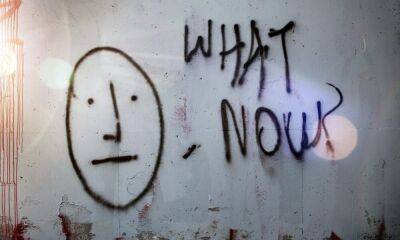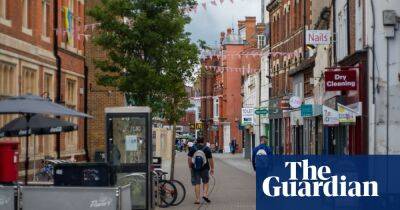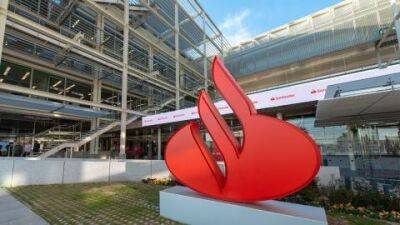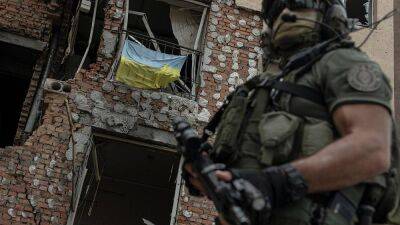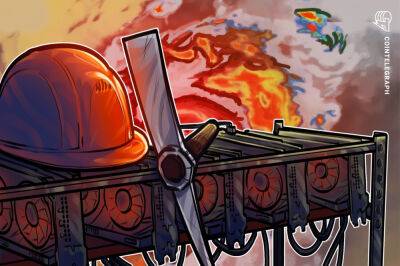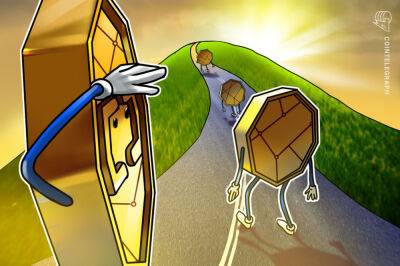The WTO, with its ‘market knows best’ ideology, has failed. It’s time to bury it
When delegates arrive in Geneva today for the long delayed World Trade Organization (WTO) summit, they will find an institution in the middle of an existential crisis. For 18 long months, the WTO has been debating a moderate proposal from South Africa and India which would have allowed countries to temporarily override the property rights of pharmaceutical corporations so they could produce patented Covid-19 vaccines. Opposition by Britain, Switzerland and other European countries has kept it from progressing. Even a global pandemic, it seems, isn’t sufficient cause to prompt a temporary rethink of the WTO’s pro-business approach.
Just as bad, the WTO cannot agree a common approach to the food crisis fast spreading across the globe, or the invasion of one of its members by another, or, most serious of all, the climate catastrophe facing humanity. All it can do is fall back on the mantra of more free trade. Unable to break with a “market knows best” ideology which is actively exacerbating the world’s problems, the WTO is now a failed institution. It’s time to bury it.
The WTO’s crisis is part and parcel of the greater crisis of free-market globalisation as a whole. It was formed in the mid-1990s, the high point of free-market capitalism, when the answer to every problem was more markets, more private sector, less government red tape. There was, we were told, simply no alternative. Summing up the feeling a few years later, Tony Blair told the Labour party conference, “I hear people say we have to stop and debate globalisation. You might as well debate whether autumn should follow summer.”
But it hadn’t always been that way. Before the WTO, there had been a much looser set of international trade rules created at the end of the
Read more on theguardian.com


